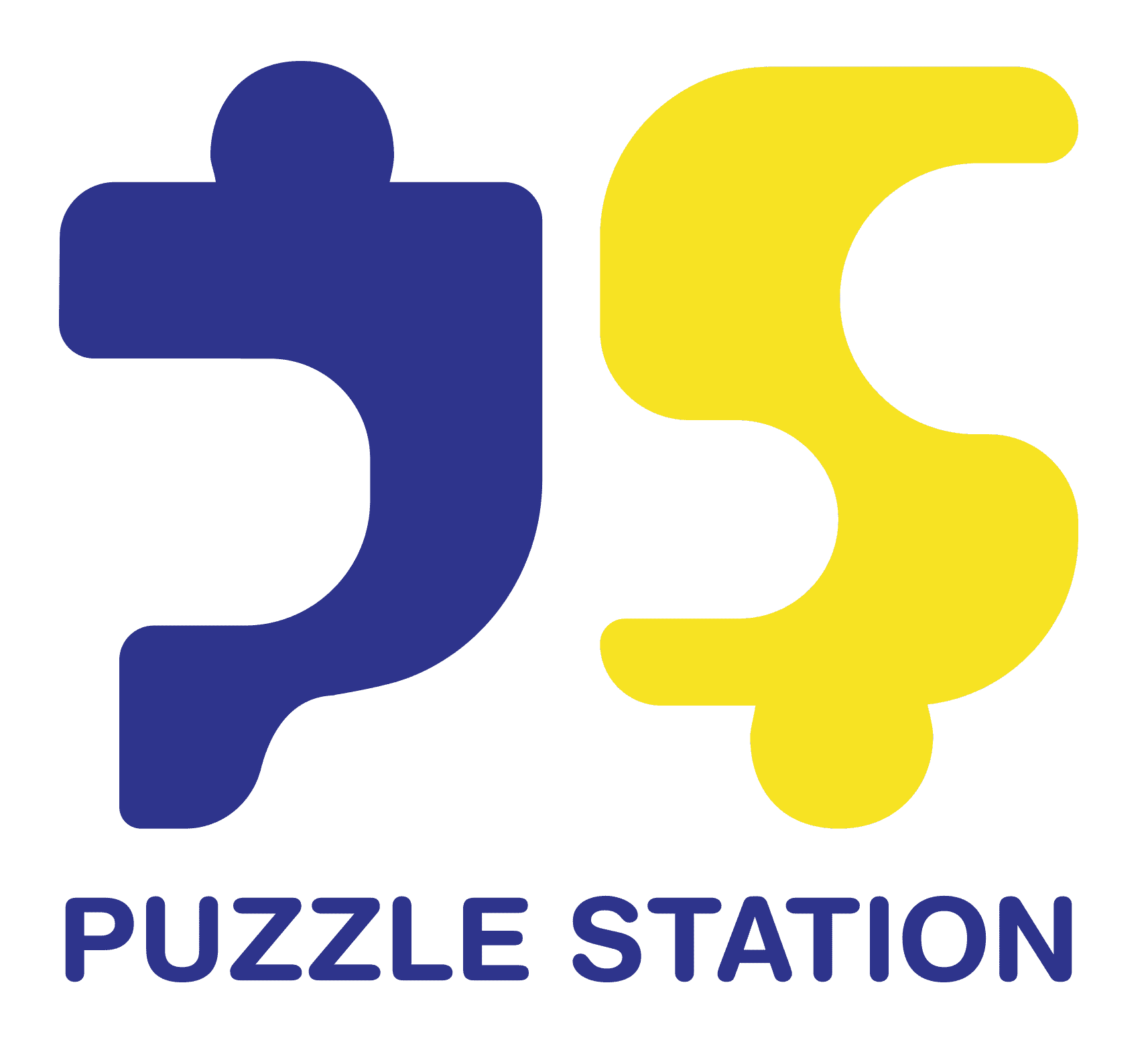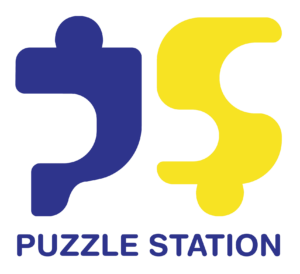Cognitive Development: Puzzles engage various cognitive functions such as critical thinking, problem-solving, spatial reasoning, pattern recognition, and logical deduction. Regularly working on puzzles can help enhance these skills.
Memory Enhancement: Many puzzles require remembering patterns, clues, or sequences, which can contribute to improving memory and recall abilities.
Stress Relief: Engaging in puzzles can have a calming effect and provide a form of mental relaxation, helping to reduce stress and anxiety.
Creativity: Puzzles, especially those that involve lateral thinking and unconventional solutions, can stimulate creativity by encouraging you to think outside the box.
Persistence and Patience: Puzzles often require persistence and patience, as some challenges can be quite intricate and time-consuming to solve. These qualities are valuable in many aspects of life.
Sense of Accomplishment: Successfully solving a challenging puzzle can provide a sense of accomplishment and boost self-esteem.





